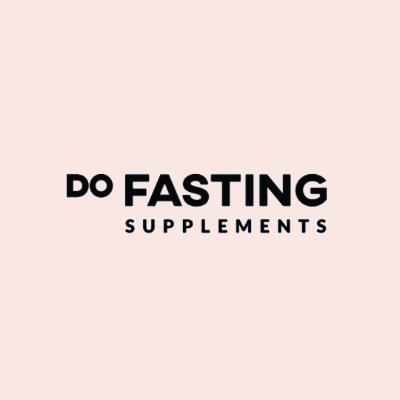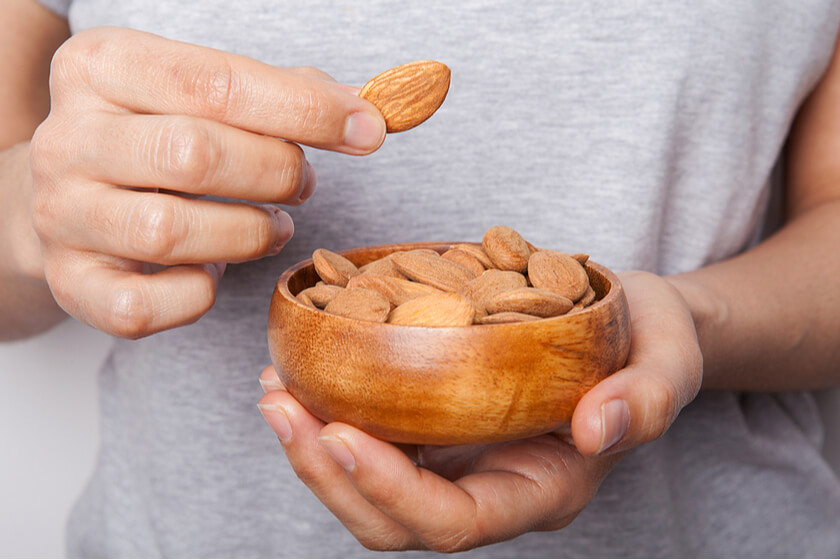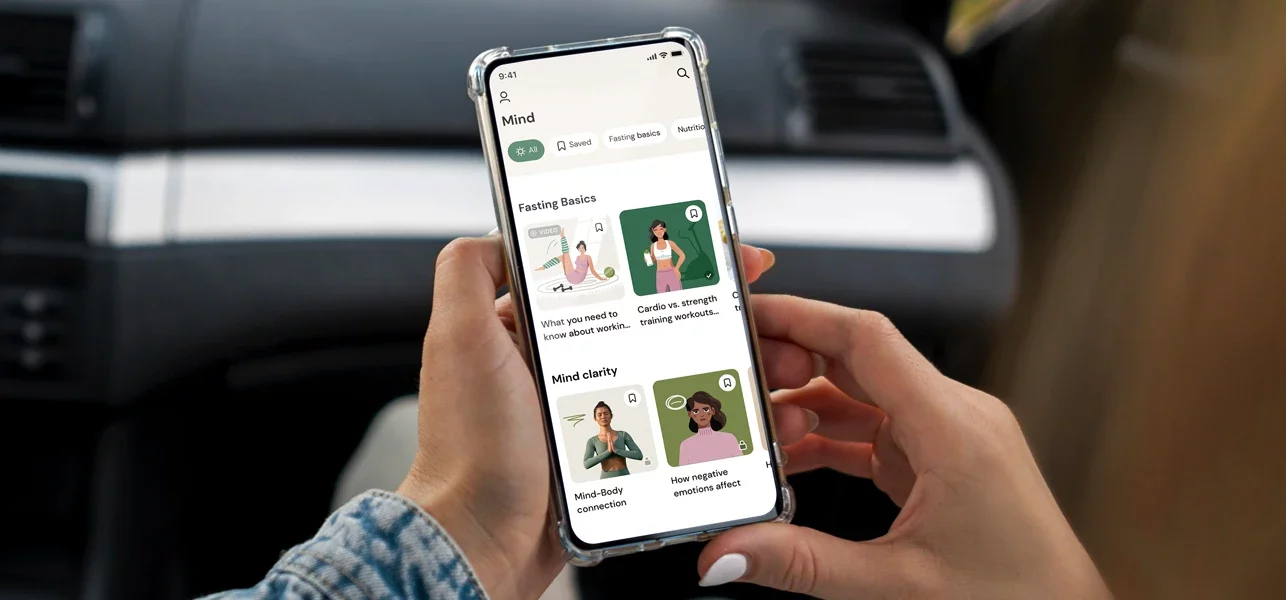How to Stop Hunger Pangs While Fasting: 8 Simple Tricks

You have watched impactful testimonials and delved deep into research on the benefits of fasting. You are convinced that this is an excellent way to improve your overall health and well-being. However, one hurdle stands between you and your goals: hunger pangs.
Naturally, hunger is present during intermittent fasting, and you might imagine it to be much worse during actual fasting. However, this is not necessarily the case.
Hunger lasts for about 20 minutes, but people do not know this as they do not wait to find out. This guide will discuss practical tips on stopping hunger pangs while fasting.
Some people never attain an actual state of real hunger as their appetite drives them to eat and stay full consistently. True hunger is the stomach grumbling and discomfort brought about by the physical need to eat.
It is perfectly normal to feel hungry while fasting. The most challenging part is imagining your next meal. Hunger is a conditioned stimulus-response which a person can recondition.
What Causes Hunger?
Appetite is the desire to eat fueled by hormones, senses, or emotions. Your appetite signals your brain when you are hungry, but not all these signals benefit you. Even after you’ve eaten, your body might be prompted to hunger by the sight of tasty food.
So what leads to hunger? Hunger is from the hormone ghrelin. Your body secretes ghrelin when it is anticipating a meal. The stomach mainly releases ghrelin, but the pancreas and small intestine also release small quantities.
When the hormone is released into the bloodstream, it acts on the hypothalamus, located behind the eyes under the brain’s midline. This causes a person to feel the need to eat. The hormone is responsible for food intake by up to 30%.
The primary stages of your fast will be challenging as the nudge to eat will be persistent. However, this article will discuss how you can adapt to manage hunger pangs while fasting.
8 Tips How to Fight Hunger While Fasting
When you start intermittent fasting, the body does not anticipate this change as it is used to regular meals. The desire to eat is related to the brain’s reward system. You do not only experience hunger on a physical level but also on a psychological level.
Controlling your hunger helps you strengthen your fasting practice. Fortunately, there are numerous ways you can implement to fight hunger while fasting.
#1 Sleep Well
If you have poor sleeping patterns, high-stress levels, or drink alcohol, it will heavily affect your appetite. It is essential to go to bed early and rise early. Poor sleep patterns also affect your blood sugar levels and disrupt your hormones.

Advertisement
These practices will give you hormone-induced hunger that will quickly lead you to break the fast. By having enough sleep, reducing your alcohol consumption, and adopting stress reduction techniques, you can manage your hormone levels.
You need to have a comfortable and well-ventilated bedroom for better sleep quality. It is also important to sleep early and stick to regular sleeping hours in a quiet sleeping environment. You should also steer away from screen time before bed.
Before starting your fasting period, you should limit your alcohol consumption as much as possible. This lowers the erratic hormones and regulates your blood sugar levels.
#2 Drink Warm Liquids
Drinking warm liquids such as tea and coffee helps your body quickly adapt to the fasting experience. The National Center for Biotechnology Information study stated that catechins (antioxidants common in tea) reduce ghrelin secretion.
A hot beverage fills the gap occupied by food by giving you a sense of fullness. Black coffee is good for you as long as it is served without milk or sugar.

You should also avoid milk and sugar when taking tea as they have some calories. Be aware that some of the herbal teas have fruit sweeteners added. It would help if you stuck to zero-calorie green tea instead.
If you find it challenging to continue intermittent fasting, you can try out bulletproof coffee: it’s a black coffee laced with fats like ghee and butter or coconut oil. Healthy fats could help you stay in ketosis.
However, if you are a fasting purist, you should avoid calories entirely as a single additional calorie will cause you to break your fast.
#3 Stay Hydrated
The body easily confuses the feeling of thirst with hunger. You might be simply thirsty when you feel hungry. You can get a head start on your hydration needs by drinking water after waking up. Try to drink two to three liters of water in a day.Staying hydrated gives you an overall sense of fullness. However, you should not drink too much water as this might wash away beneficial electrolytes from your body. Drinking plenty of water is one of your primary weapons for maintaining your fast.

About 30% of the water you drink is from your food, and you should cater for it during intermittent fasting. You can add appetite suppressants to your water to avoid snacking and stay within your fasting goals.
One of the best appetite suppressants is DoFasting supplements. These are natural fiber suppressants that encourage natural fat loss and boost body metabolism.
If you find it hard drinking plain sparkling water, you can add fasting supplements to your drink. DoFasting supplements are organic, sugar-free, and good for your gut.
Carbonated water is also one of the hacks you can use during a fast. It contains zero calories and carbon dioxide, which makes you feel full as it fills your stomach.
Another viable additive you can use during intermittent fasting is apple cider vinegar. Apple cider vinegar (ACV) has excellent health benefits that keep you satiated without breaking your fast.
Taking ACV in the morning or before breaking the fast helps your body absorb minerals in your body from meals eaten before the fast. If you don’t like the taste of ACV, try ACV gummies.
#4 Distract Yourself
On certain occasions, when we stay busy, it does the trick for coping with rising hunger levels. Sometimes we feel hungry during meal times as our body anticipates a meal. You can distract yourself by organizing exercises or other activities to keep you preoccupied.
Do not allow boredom to creep in, as this is a surefire way to invite hunger. Boredom leads to overeating as emotional hunger is related to physical hunger.

You can create an intermittent fasting plan and organize how you will spend your time. Instead of starting with breakfast, you can do some household chores. You can also arrange for your work meetings when you typically have your lunch.
Another way to distract yourself from hunger pangs is chewing gum, but this should be a last resort. The best option would be sugar-free gum as it would not break your fast. Chewing gum satisfies hunger temporarily but may make you start feeling hungry in the long run.
It would be best to resort to chewing gum as you approach your eating window because the chewing sensation communicates to the stomach that you will be getting food soon.
#5 Schedule Your Fasting Hours Overnight
Research shows that a 10–16-hour fast can cause the body to start converting fat to energy from its reserves. This encourages weight loss by releasing ketones to the body.
This is an excellent form of intermittent fasting for beginners. The fasting window is small, and one can consume the same number of calories daily.
The best way to do a 10–16-hour fast is by scheduling the fast during overnight sleeping hours. For example, you can have your eating schedule from 7 AM to 7 PM.
A study on mice showed that time-restricted feeding shielded mice from metabolic diseases such as diabetes and obesity even if they consumed the exact amounts of calories as mice that ate whenever they desired.

Fresh line of weight loss supplements
- Boosts fat loss and metabolism
- Improves natural calorie burn
- Curbs snack cravings
- Helps regulate cholesterol and promotes gut health
- Can prevent bloating
- Helps support healthy blood sugar levels
#6 Exercise a Little
All manner of physical activity has positive aspects when fasting, provided you do it moderately. Short bouts of exercise also distract your brain from thinking about food.
A good exercise session such as walking, yoga, or pilates helps burn fat, boost muscle, and tone down hunger pangs.

When you participate in tennis, basketball, or football, it tricks your mind when fasting. The brain not only focuses on exercise but also on activity.
Walking engages almost every muscle group in your body and maximizes the fat-burning effects. Going for a walk improves your overall well-being while encouraging your body to burn stored fat for energy.
#7 Avoid Carbohydrates While Not Fasting
One of the diet changes you need to implement is lowering your carb intake when you are between fasts.
Intermittent fasting is not an excuse to eat low-quality food, but it is a way to get the best out of your diet and health. Sticking to a low carbohydrate diet helps you feel satiated and stabilizes your blood sugar.
Foods high in sugar raise your blood glucose levels and trigger insulin release, which further activates the release of hunger hormones.
You can replace your carbs with legumes, whole grains, and vegetables, which will keep you full for long.
#8 Eat Protein-Rich, High-Fat Food While Not Fasting
The best way to prepare a foundation for a low-carb diet is by adopting a protein-rich and higher healthy fat diet. A high-fat and protein-rich diet helps you reach your diet goals faster.
Sticking to a protein-rich diet between fasts stabilizes your blood sugar and is more satiating. Your intermittent fasting will run more smoothly, and you will experience reduced hunger.

Unlike popular belief, eating fat does not cause weight gain.
A Word From RD
One of the goals of intermittent fasting is improving the self-cleaning process for repairing damaged cells. It also forces our bodies to dip into reserve energy sources other than glucose.
However, when the fasting window is too long, it can wreak havoc on a person. People with disordered eating habits are likely to go further out of tune with the body’s natural hunger cues if they fast for too long.
Fasting affects female hormones for females who stay in starvation mode for too long. This can affect issues such as bone density and fertility.
Moderation is paramount for getting the best out of your fast. Sustainable eating habits help you regulate your fasting for the best results.
Summary
How to stop hunger pangs while fasting? Well, with practice, intermittent fasting becomes effortless. Fasting is a deviation from our conditioned appetites, but the more you do it, the easier it gets. When you recondition your digestive system, it will learn to respond to the rhythms of true hunger rather than appetite.
Fasting should feel effortless, and maintaining an ideal fasting schedule causes your brain to adapt to the new normal. You will have fewer hunger episodes and will feel more satiated.
P.S. Want to know even more tips? Watch this:
Comments (1)
Leave a comment
Thank you for your comment







Your article was interesting, informative and helpful to me. I’ve been wanting to do a simple fast to give my body a break from food and you’ve given me some great tools to consider. I’m encouraged and excited to take on this challenge. Wish me luck!